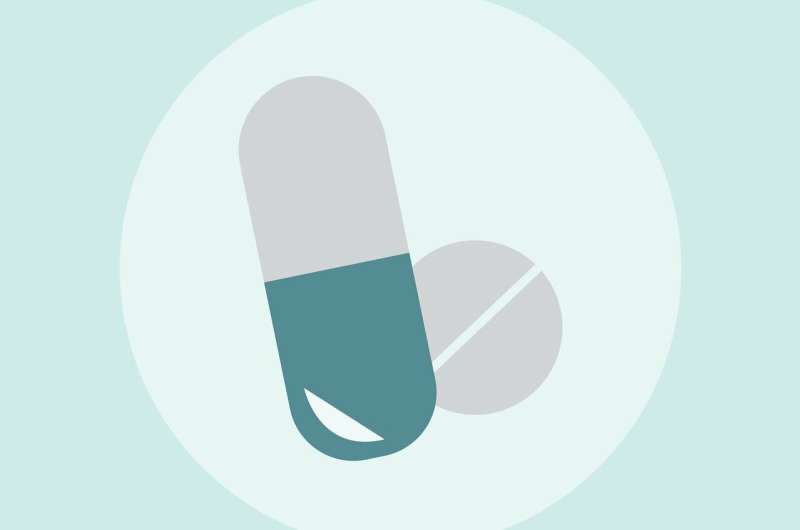Advancements in AI-Driven Ultrasound Technology Enable Better Prediction of Infant Delivery Timing

Innovative AI technology analyzing standard ultrasound images can now accurately predict the timing of infant delivery, marking a milestone in maternal-fetal medicine and improving pregnancy outcomes worldwide.
Recent developments in artificial intelligence (AI) applied to ultrasound imaging are revolutionizing obstetric care by providing more accurate predictions of when a woman will deliver. Researchers from the University of Kentucky, in collaboration with ultrasound company Ultrasound AI, have published significant findings from their PAIR (Perinatal Artificial Intelligence in Ultrasound) Study in The Journal of Maternal-Fetal & Neonatal Medicine. This study demonstrates that using standard ultrasound images, AI algorithms can consistently and precisely forecast the timing of childbirth, offering a noninvasive, scalable, and efficient tool to improve pregnancy outcomes.
The AI technology was trained on a large dataset of over two million de-identified ultrasound images obtained from women who delivered at the University of Kentucky between 2017 and 2021. It predicts delivery timing without needing additional clinical data, maternal history, or operator input, making it applicable across diverse healthcare settings, from well-resourced hospitals to low-resource environments.
Key results reveal that the AI model achieved an R² of 0.95 for term births and 0.92 across all deliveries, showcasing its high accuracy. The system continuously learns from new data, improving prediction performance with successive retrainings. It also demonstrated robust performance across different stages of pregnancy and diverse patient demographics. Importantly, the AI model enhanced its capability to predict preterm births (PTB), a leading cause of neonatal mortality globally, with prediction accuracy improving from an R² of 0.48 to 0.72 after multiple retraining cycles.
This technology offers a promising step towards better anticipation of preterm labor, allowing healthcare providers to intervene earlier and tailor care more effectively. Dr. John M. O'Brien, MD, emphasized that this innovation could be especially impactful in resource-limited settings where access to maternal-fetal specialists is scarce. As stated by Robert Bunn, President of Ultrasound AI, the ability of AI to learn and refine its predictions over time heralds a new era in maternal-fetal medicine, with the potential to significantly reduce neonatal mortality and improve health outcomes worldwide.
According to Dr. O'Brien, "This is an important milestone for the field of obstetrics, as AI begins to assist in forecasting birth timing, potentially leading to earlier interventions and better care for mothers and babies. Our work signifies a foundational advance in integrating AI into standard ultrasound workflows, making predictive tools more accessible and scalable."
For further details, see the full study: Neil Patel et al, Perinatal artificial intelligence in ultrasound (PAIR) study: predicting delivery timing, DOI: 10.1080/14767058.2025.2532099.
Source: https://medicalxpress.com/news/2025-08-ai-ultrasound-images-infant-delivery.html
Stay Updated with Mia's Feed
Get the latest health & wellness insights delivered straight to your inbox.
Related Articles
Osteoporosis Treatment Benefits for Individuals Over 80 Years Old
New research suggests that osteoporosis treatment for individuals over 80 who suffer fractures can significantly reduce hospitalization and mortality, emphasizing the importance of personalized care in aging populations.
Experts Warn of a Complex Vaccine Landscape in 2025
Experts warn that vaccine accessibility and policy changes in 2025 could complicate COVID-19 and flu prevention efforts, impacting vulnerable populations the most.
Heart Arrhythmia Drug Repurposed to Combat Antibiotic-Resistant Bacteria
Research from Emory University has discovered that the heart arrhythmia medication fendiline can be repurposed to kill antibiotic-resistant bacteria, offering new hope for treating difficult hospital infections.
Oral Bacteria Could Serve as a Marker for Head and Neck Cancer Progression
Emerging research suggests that the presence of certain bacteria in the mouth, especially Fusobacterium nucleatum, may serve as a predictive marker for the progression and prognosis of head and neck cancers, opening new avenues for diagnosis and treatment.



